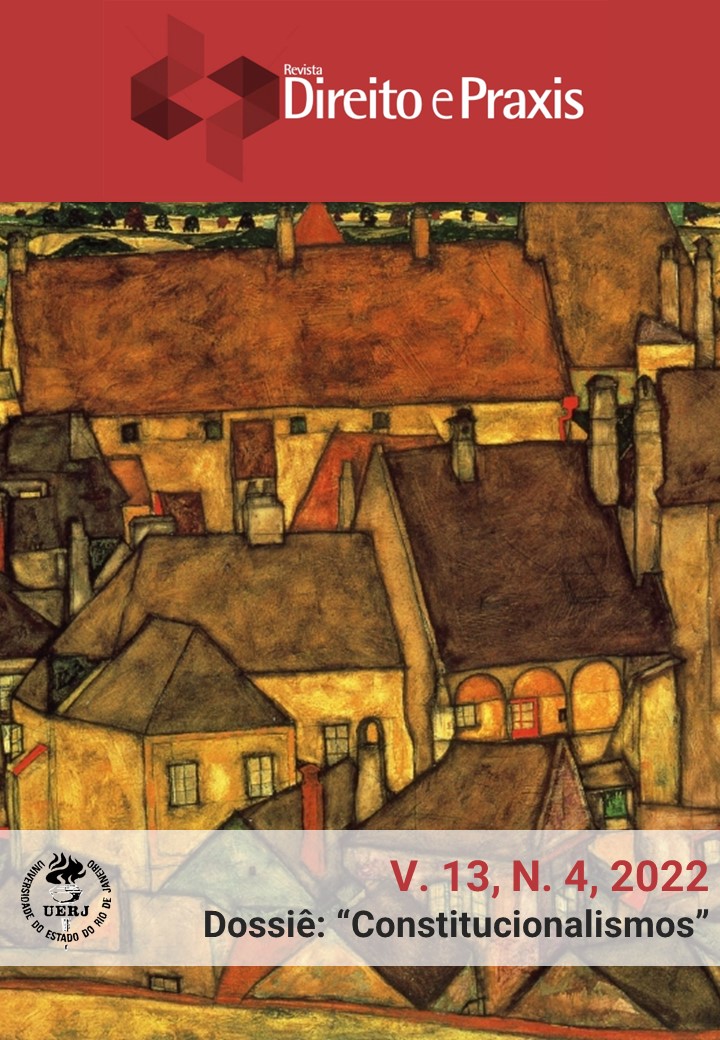O consentimento no tráfico sexual sob o martelo do Judiciário: as práticas e os discursos dos julgadores / The consent in sex trafficking under the hammer of the Judiciary: judicial practices and discourses
Palavras-chave:
Direito, Gênero / Consentimento.Law, Gender, Consent.Resumo
DOI: 10.1590/2179-8966/2021/55088
Resumo
Este artigo tem como objetivo principal analisar a resposta judicial sobre o consentimento no tráfico sexual. A análise qualitativa recai sobre as práticas e os discursos dos julgadores em sete acórdãos do Tribunal Regional Federal da 3ª Região como elementos para problematização da relação entre poder punitivo e gênero a partir do arsenal teórico-metodológico da Criminologia Feminista e da Análise Crítica do Discurso. Sustentamos que, nas decisões posteriores a 2016, os julgadores (i) romperam com a categorização, os retratos padronizados e os pânicos morais sobre o tráfico sexual, bem como (ii) guinaram o entendimento sobre o consentimento, que passou a ser considerado relevante para a configuração do crime. Defendemos que os julgadores podem confeccionar novos padrões de entendimentos judiciais antidiscriminatórios e não generalizantes, contudo, falham na elaboração de um efetivo projeto jurídico feminista.
Palavras-chave: Direito; Gênero; Consentimento.
Abstract
This paper aims to analyze the judicial response on consent to sex trafficking. The qualitative analysis falls on the judicial practices and discourses of the Court's judges in seven (07) judgments of the Tribunal Regional Federal da 3ª Região as elements for problematizing the relation between punitive power and gender from the theoretical-methodological arsenal of Feminist Criminology and Critical Discourse Analysis. We sustain that, in decisions after 2016, the judges have (i) broked with the categorization, standardized portraits and moral panics about sex trafficking, as well as (ii) modified the understanding about consent, which became relevant for a configuration of crime. We argue that the judges can create new standards of anti-discriminatory and non-generalizing judicial understandings, however, they fail to develop an effective feminist legal project.
Keywords: Law; Gender; Consent.
Downloads
Downloads
Publicado
Como Citar
Edição
Seção
Licença
Os textos são de exclusiva responsabilidade de seus autores.
É permitida a reprodução total ou parcial dos artigos da Revista Direito e Práxis, desde que citada a fonte.
Este trabalho está licenciado sob uma Licença Creative Commons 4.0, Atribuição-Sem Derivações.
Esta licença permite copiar e redistribuir o material em qualquer suporte ou format para qualquer fim, mesmo que comercial, desde de que citada a autoria original.
This work is licensed under a Creative Commons Attribution 4.0 International License.




